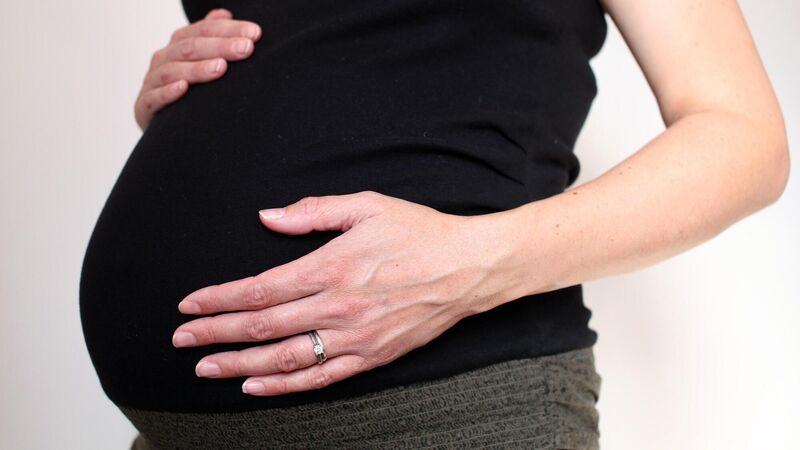Irish Examiner view: Time to rethink punitive maternity restrictions

Expectant mothers have spoken of how restrictions made their pregnancy journeys and births lonely, stressful, and difficult. File picture: PA
Since March, there has been an intense focus on the end of life but not nearly enough on the start of it. That is understandable, given coronavirus’s devastating effect on our elderly and a rising death toll that has surpassed 1,800.
However, what of the effect on our youngest citizens — the thousands of babies who have come into this strange Covid-19-battered world and their parents who have struggled under punitive restrictions at our maternity hospitals?













